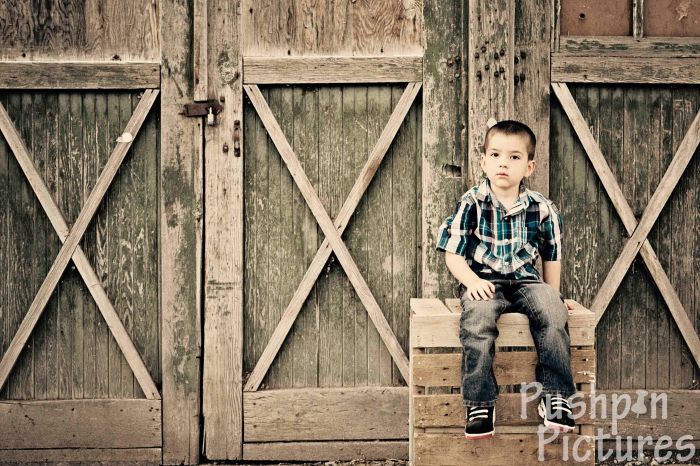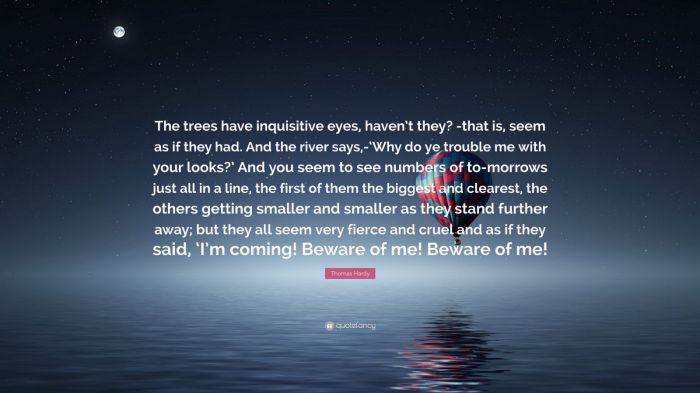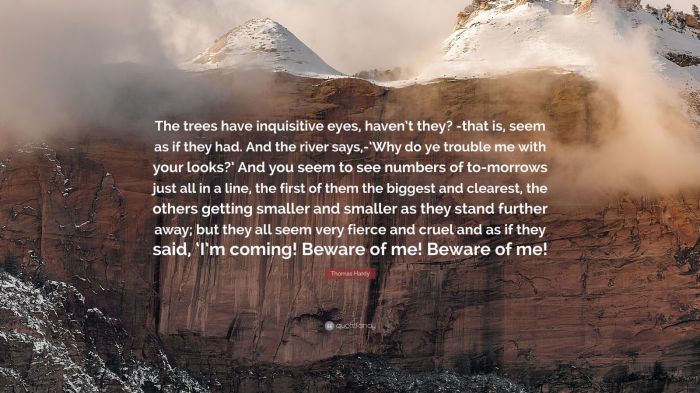Laura’s monologue from the glass menagerie – Laura’s monologue from Tennessee Williams’s ‘The Glass Menagerie’ stands as a poignant and deeply revealing moment in the play, offering profound insights into the character’s inner struggles, dreams, and fears. Through her poetic and evocative words, Laura unveils the complexities of her relationship with her family and the profound impact of her own fragility and isolation.
This monologue serves as a pivotal turning point in the narrative, illuminating Laura’s vulnerability and setting the stage for the play’s tragic denouement. Williams’s skillful use of symbolism, imagery, and literary devices further enhances the emotional resonance of Laura’s monologue, making it a haunting and unforgettable piece of American drama.
Character Analysis
Laura’s monologue is pivotal in revealing her character’s complexities. It exposes her inner struggles, dreams, and fears, shedding light on her fragility and yearning for connection.
Laura’s Struggles
- Loneliness and isolation: Laura feels isolated from her family and the world, longing for companionship and acceptance.
- Low self-esteem: Laura’s insecurities and self-doubt prevent her from fully embracing life and pursuing her passions.
- Fear of the outside world: Laura’s fear of leaving her comfort zone holds her back from experiencing new things and making meaningful connections.
Laura’s Dreams
- Desire for connection: Laura yearns for a genuine connection with someone who understands and appreciates her.
- Artistic aspirations: Laura’s love for glass animals symbolizes her creative spirit and desire to express herself.
- Escapism: Laura finds solace in her collection of glass animals, using them as a way to escape reality and create a world of her own.
Laura’s Fears
- Fear of abandonment: Laura’s childhood trauma of being abandoned by her father has left her with a deep fear of being left alone.
- Fear of failure: Laura’s lack of confidence and self-doubt make her fearful of taking risks and pursuing her dreams.
- Fear of the unknown: Laura’s sheltered upbringing has made her apprehensive about venturing outside of her familiar surroundings.
Laura’s Relationship with Her Family
Laura’s monologue reflects her strained relationship with her family. Her mother, Amanda, is overbearing and critical, while her brother, Tom, is dismissive and impatient.
Symbolism and Imagery: Laura’s Monologue From The Glass Menagerie

Laura’s monologue is rich in symbolism and imagery, enhancing its impact and meaning.
Symbols
- Glass animals: Laura’s glass animals represent her fragility, vulnerability, and desire for connection.
- Light and darkness: Light symbolizes hope and possibility, while darkness represents Laura’s isolation and despair.
- The unicorn: The unicorn symbolizes Laura’s uniqueness and her desire to be loved for who she is.
Imagery
Laura’s monologue employs vivid imagery to create a sense of atmosphere and emotion.
- The glass menagerie: Laura’s collection of glass animals is described in great detail, creating a sense of beauty and fragility.
- The shadows: The shadows in the room symbolize Laura’s fears and anxieties.
- The candle: The candle represents hope and possibility, but also the fragility of Laura’s dreams.
Themes
Laura’s monologue explores several major themes.
Loneliness and Isolation
Laura’s monologue highlights the theme of loneliness and isolation. She feels disconnected from her family and the world, longing for a genuine connection.
The Search for Identity
Laura’s monologue also explores the theme of the search for identity. She struggles to find her place in the world and define who she is, despite her artistic aspirations.
The American Dream
Laura’s monologue comments on the American Dream and the pursuit of happiness. She represents the marginalized and forgotten, who struggle to achieve their dreams in a society that values conformity.
Literary Devices

Laura’s monologue employs various literary devices to enhance its impact and meaning.
Metaphor
Laura uses metaphors to create vivid images and express her emotions.
- “I feel like a unicorn” (Laura’s uniqueness and desire for connection)
- “The world is a glass menagerie” (the fragility and beauty of life)
Simile
Laura uses similes to compare her experiences to other things, creating a sense of relatability.
- “I’m like a glass animal, easily broken” (Laura’s fragility)
- “My heart is like a candle, flickering in the wind” (Laura’s hope and despair)
Personification
Laura personifies objects and ideas to create a sense of empathy and connection.
- “The shadows are closing in on me” (Laura’s fear of isolation)
- “The glass animals are my friends” (Laura’s desire for connection)
Dramatic Context

Laura’s monologue occurs during a pivotal moment in the play.
Plot Development
The monologue reveals Laura’s inner thoughts and emotions, providing insight into her character and motivations. It sets the stage for the play’s climax, where her glass menagerie is broken.
Character Development, Laura’s monologue from the glass menagerie
The monologue contributes to Laura’s character development by exposing her vulnerabilities and her struggle for acceptance. It allows the audience to empathize with her and understand her perspective.
Impact on the Audience
Laura’s monologue has a profound impact on the audience. It evokes sympathy and compassion, making the audience invested in her fate. The monologue also raises questions about the nature of loneliness, isolation, and the pursuit of happiness.
FAQ
What is the significance of Laura’s glass collection?
Laura’s glass collection symbolizes her fragile and delicate nature, as well as her desire for beauty and connection.
How does Laura’s relationship with her brother, Tom, affect her monologue?
Tom’s rejection of Laura and his desire to escape their suffocating home life deeply wound Laura and contribute to her feelings of isolation and loneliness.
What is the central theme of Laura’s monologue?
The central theme of Laura’s monologue is the search for identity and belonging in a world that often feels alienating and incomprehensible.